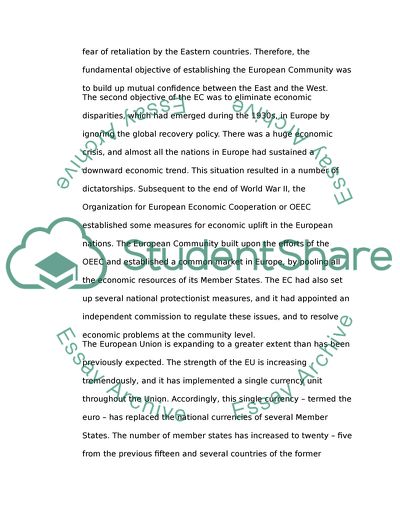Cite this document
(“An Analysis of the History and Development of the European Union Essay”, n.d.)
Retrieved from https://studentshare.org/history/1546106-an-analysis-of-the-history-and-development-of-the-european-union
Retrieved from https://studentshare.org/history/1546106-an-analysis-of-the-history-and-development-of-the-european-union
(An Analysis of the History and Development of the European Union Essay)
https://studentshare.org/history/1546106-an-analysis-of-the-history-and-development-of-the-european-union.
https://studentshare.org/history/1546106-an-analysis-of-the-history-and-development-of-the-european-union.
“An Analysis of the History and Development of the European Union Essay”, n.d. https://studentshare.org/history/1546106-an-analysis-of-the-history-and-development-of-the-european-union.


